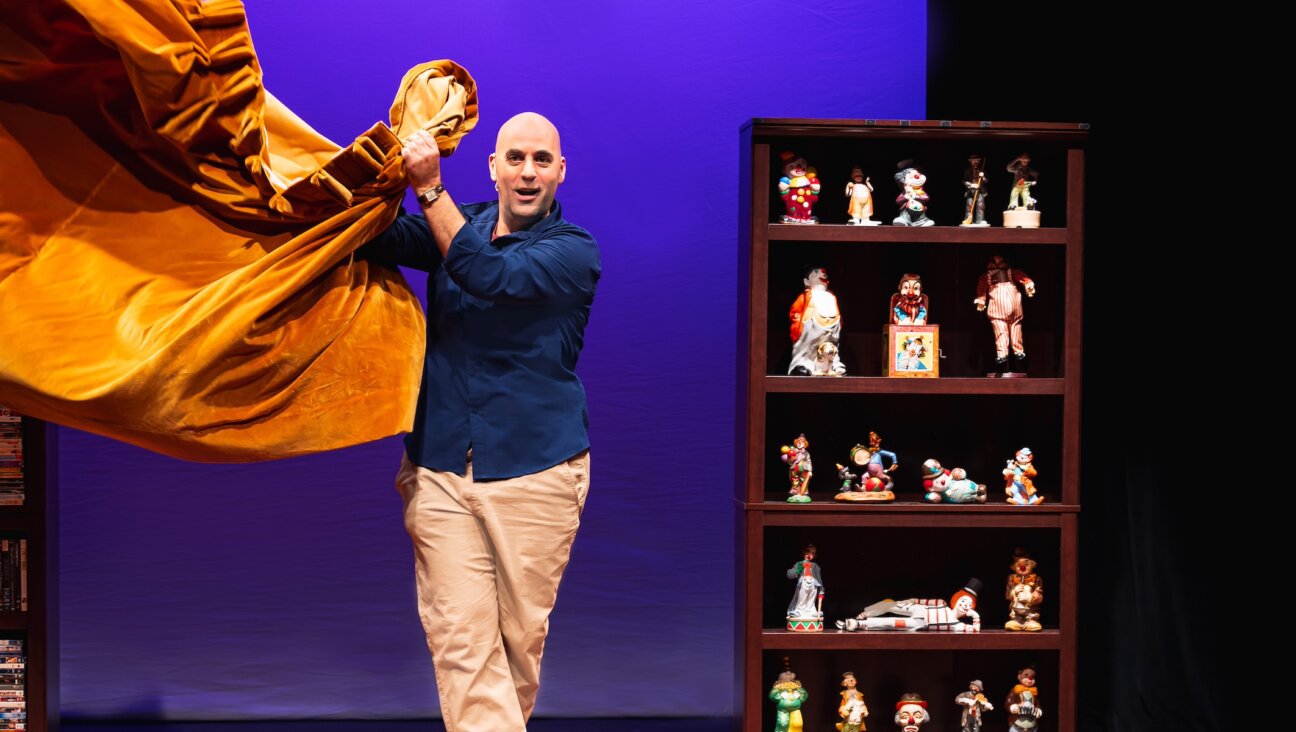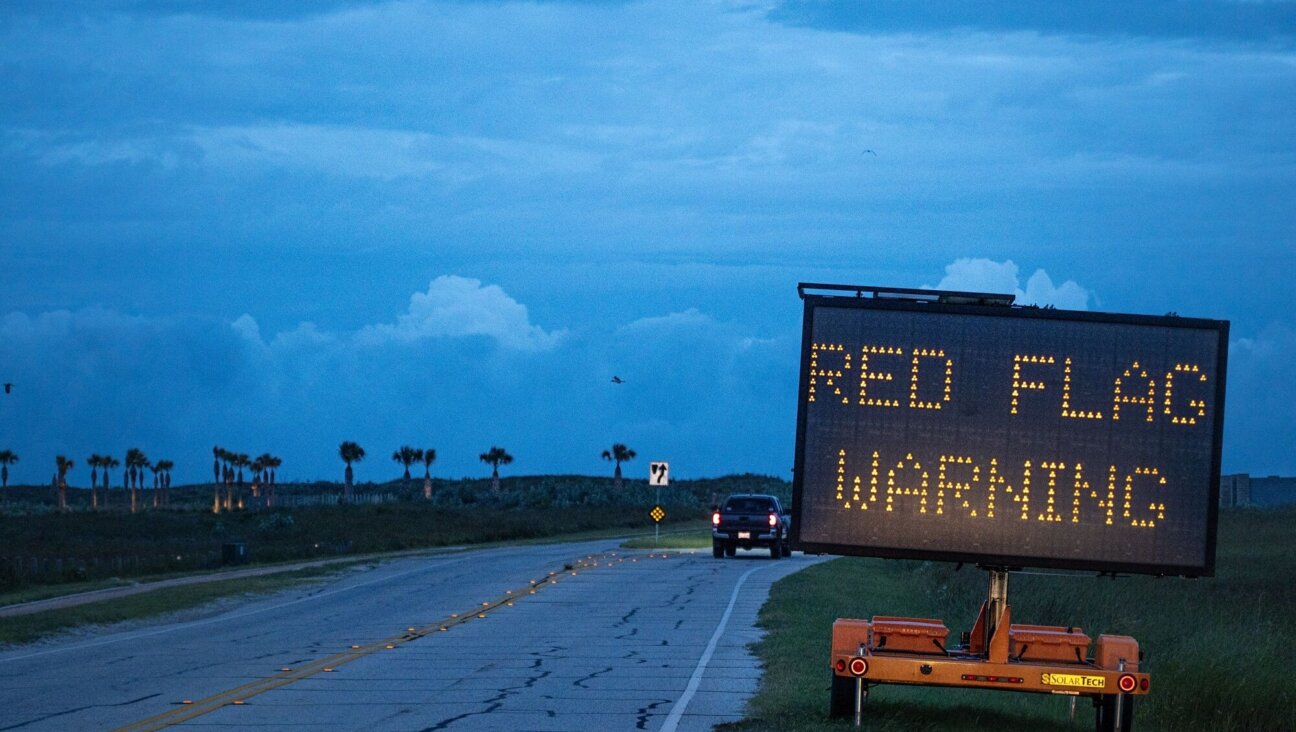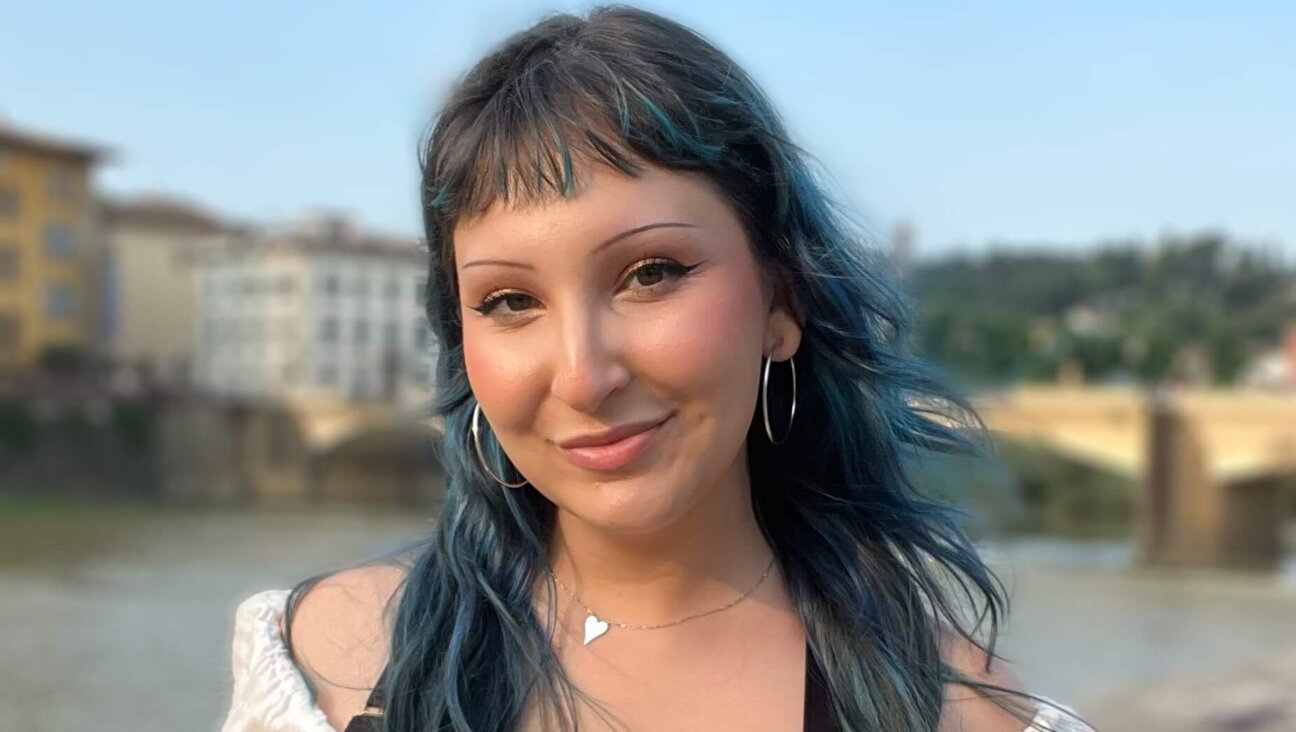Freedom is feeling like you’re no longer imprisoned

Fence pattern Image by ISTOCK PHOTO
“What does it mean to be free?”
I think that this is a really good question that everyone will probably be able to answer and have different answers to. Personally I think that being free doesn’t have anything to do with not being under someone’s command; or needing to do everything someone tells you to do. I think it means not being sick and instead being free from illnesses and being able to be with your friends and family without spreading an illness to them. Sometimes you feel imprisoned even if you do not have an illness because you know that someone that you love is sick. Even though you are not the one who is sick, you are too sad to see your friends.

Young Writer: Lorelei Turetsky is an 11-year-old student at the Hannah Senesh Community Day School in Brooklyn. Image by Courtesy of the Turetsky Family
Everyone feels cooped up sometimes for different reasons. Maybe at work or school you got a really hard assignment that needs a lot of work or you are grounded or you need to watch a little kid for a long time. But all people feel trapped at some point in life. Sometimes you feel imprisoned inside of yourself. Sometimes you need to cry about someone you love to help you feel stable inside. To find the purpose of life. You do not want to see anyone, and you just stay in bed and do nothing. You try to find hope in life to feel comfortable and not imprisoned in your own mind.
Everyone feels sad from time to time but nothing feels as bad as losing someone or being afraid you are about to lose someone. You feel so depressed that sometimes you deny help from others even if you want and know that you need help from them. You feel imprisoned for no reason at all from family, friends, and sometimes even life.
Not everyone understands what it feels like to have a family member or a close friend being very sick, like with COVID-19 or even cancer. You only know how it feels when you do know someone. Even though you are healthy you feel imprisoned from the world and not able to see your friends and family because you are so depressed. And I do know someone that has COVID-19: my grandfather and he has it bad. My grandmother had it too but it was not as bad as my grandfather. She recovered.
Kids in my class were making jokes about COVID-19 and it made me feel more imprisoned and the last thing I wanted was to see them. It was hard to be at school even though school was online because of the virus. And one day everyone in my family gave up on my grandfather but I did not. I tried really hard to not cry during class. Can you imagine how it feels to have kids in your class making jokes about something that is affecting you really bad? Even though I still had hope, seeing everyone else giving up made me feel more sad and imprisoned. Sometimes it can be hard to keep hope up, sometimes it can be hard to not feel imprisoned, sometimes it feels like it is hard to live. And it all happened around my birthday. I felt like I was trapped in a loop, my grandfather got better then worse better then worse again and again. And every time it got worse I felt more imprisoned in myself. Today it is clear he is going to die.
Life sometimes gives you hard times and sometimes you do not know how to handle it. Sometimes you feel imprisoned from the sickness of a loved one. Sometimes you feel like there is nothing you can do.
Lorelei Turetsky is an 11-year-old student at Hannah Senesh Community Day School in Brooklyn.





















